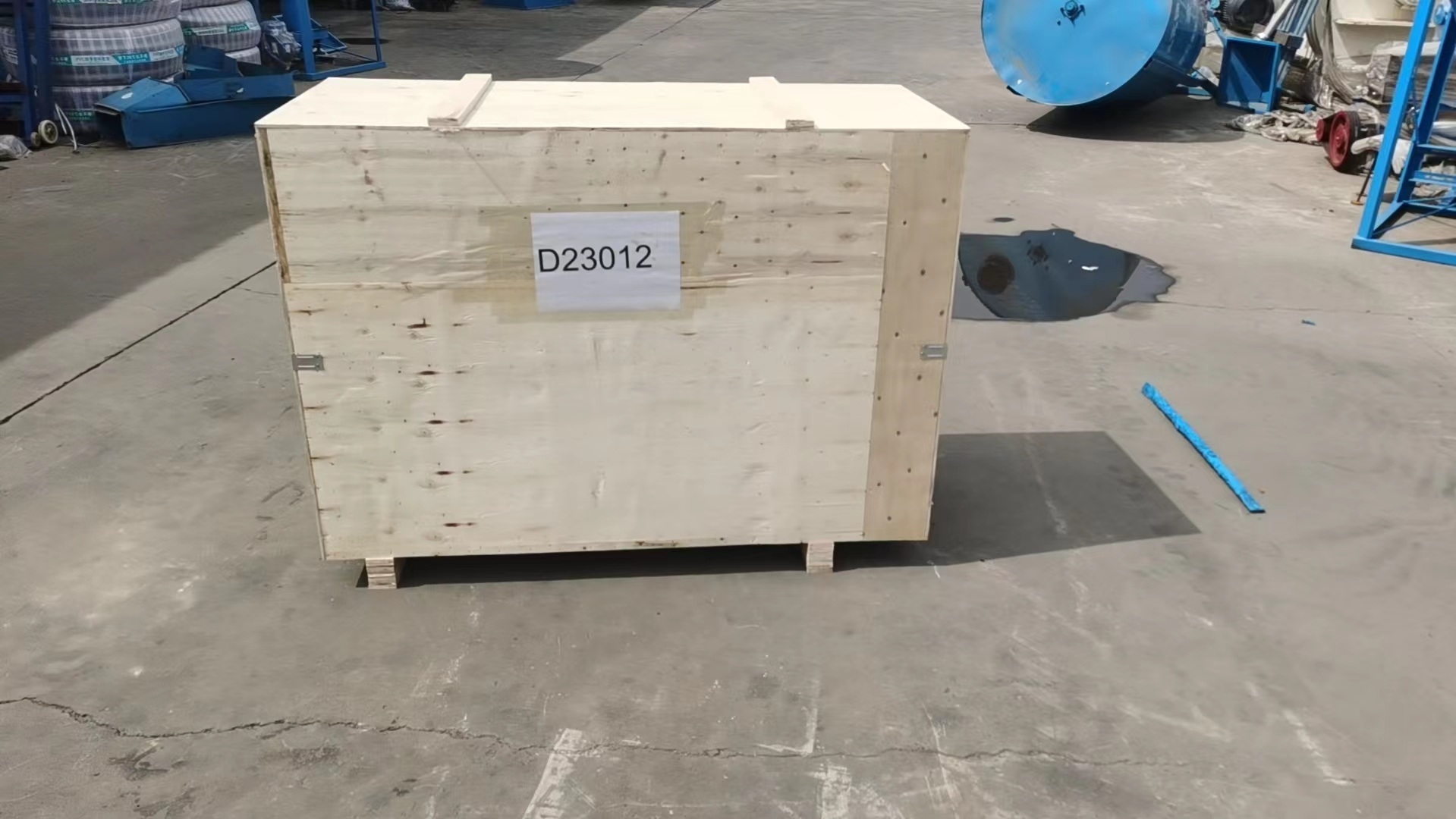Compact Pellet Machine for Small Animal Feed Production and Processing
Nov . 08, 2024 06:00 Back to list
Compact Pellet Machine for Small Animal Feed Production and Processing
The Small Animal Feed Pellet Machine Revolutionizing Animal Nutrition
In recent years, the demand for high-quality animal feed has skyrocketed, driven by the burgeoning pet industry and the growing awareness of animal welfare. Among the innovations that have emerged to meet this need is the small animal feed pellet machine. This remarkable piece of equipment not only boosts feed production efficiency but also ensures that the nutritional needs of animals are met with precision.
What is a Small Animal Feed Pellet Machine?
A small animal feed pellet machine is a specialized device designed to convert raw ingredients into pellets—small, round balls of feed that are easy to consume. These machines are particularly beneficial for small-scale farmers, hobbyists, and pet owners who wish to produce their own feed at home or on their farms. The process of pelleting involves grinding the ingredients into a fine meal, mixing them with water and additives, and then applying heat and pressure to form dense pellets.
Benefits of Using a Small Animal Feed Pellet Machine
1. Nutritional Value Pelleting improves the digestibility of feed. The heat generated during the pelleting process kills harmful pathogens and enhances the nutrient uptake of animals. This results in healthier and more productive livestock and pets.
2. Cost-Effectiveness Producing your own animal feed can significantly reduce costs. The ability to buy raw ingredients in bulk and convert them into pellets helps in saving money over time, especially for those with multiple animals. Additionally, one can customize the feed for specific nutritional requirements, ensuring that animals receive exactly what they need.
3. Reduced Waste Pelleted feed is less likely to spoil and is easier to store than loose feed. Its compact form minimizes storage space requirements and reduces waste due to spoilage.
4. Customization With a small feed pellet machine, owners can tailor their feed recipes to meet the unique dietary needs of their animals. Whether it’s enriching the feed with vitamins, minerals, or supplements for enhanced growth, the flexibility of creating custom feeds is a significant advantage.
5. Ease of Use Most modern small animal feed pellet machines are user-friendly, requiring minimal training to operate. The machines are designed to be efficient, often featuring automatic controls for consistent feed quality.
small animal feed pellet machine

Types of Feed Produced
Small animal feed pellet machines cater to a wide range of animal types, including poultry, pigs, rabbits, and even pets like dogs and cats. Feed formulations can vary significantly based on the species and their specific dietary needs. For instance, chicken feed might include a higher protein content, while rabbit feed could emphasize fiber.
How to Choose the Right Machine
Selecting the appropriate small animal feed pellet machine is crucial for achieving the desired results. Here are some factors to consider
- Capacity Determine the volume of feed you need to produce. Machines come in various sizes, so choose one that meets your production goals.
- Power Source Consider whether you prefer an electric or diesel-powered machine. This decision may depend on your location and the availability of resources.
- Material Versatility Ensure the machine can handle the variety of ingredients suitable for the animals you are feeding.
- Durability A robust machine will stand the test of time, so consider the build quality and material of the machine.
Conclusion
The small animal feed pellet machine represents a significant advancement in animal nutrition and feed production. This equipment not only simplifies the process of making high-quality feed but also fosters a more sustainable and cost-effective approach for animal caretakers. As more individuals recognize the advantages of producing their own feed, the small animal feed pellet machine is set to become an essential tool in the arsenal of both small farmers and devoted pet owners. By investing in this technology, one can ensure that their animals receive wholesome, balanced nutrition tailored to their specific needs, ultimately leading to healthier and happier animals.
-
Hot Sale 24 & 18 Door Rabbit Cages - Premium Breeding Solutions
NewsJul.25,2025
-
Automatic Feeding Line System Pan Feeder Nipple Drinker - Anping County Yize Metal Products Co., Ltd.
NewsJul.21,2025
-
Automatic Feeding Line System Pan Feeder Nipple Drinker - Anping County Yize Metal Products Co., Ltd.
NewsJul.21,2025
-
Automatic Feeding Line System - Anping Yize | Precision & Nipple
NewsJul.21,2025
-
Automatic Feeding Line System - Anping Yize | Precision & Nipple
NewsJul.21,2025
-
Automatic Feeding Line System-Anping County Yize Metal Products Co., Ltd.|Efficient Feed Distribution&Customized Animal Farming Solutions
NewsJul.21,2025






